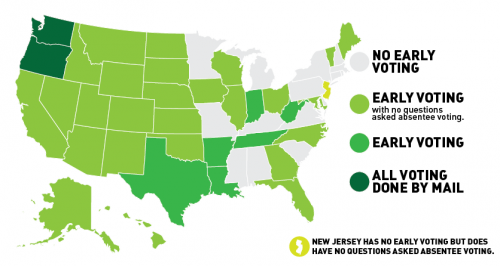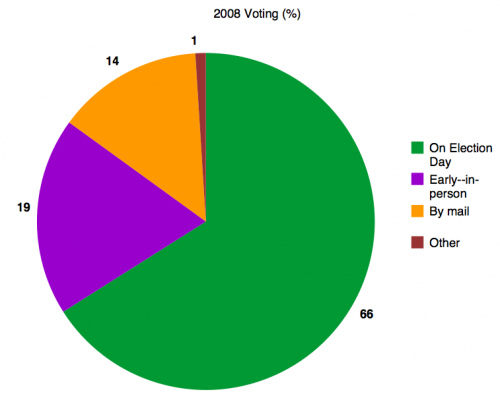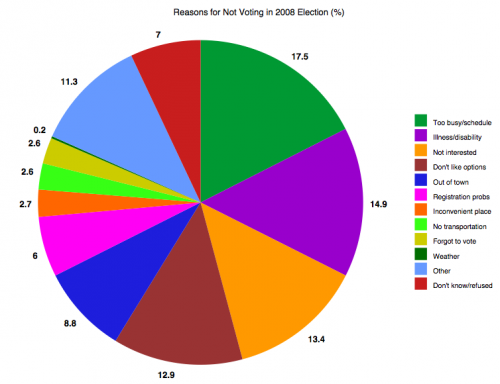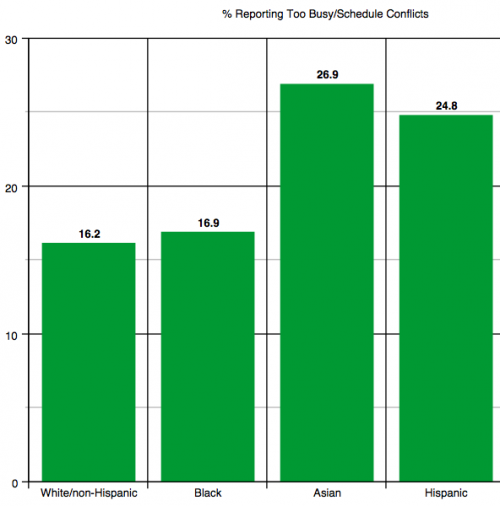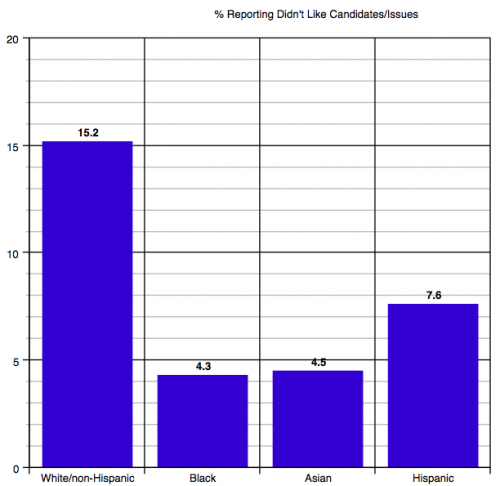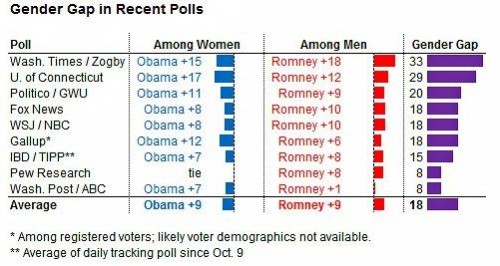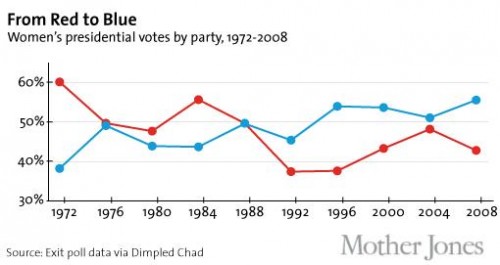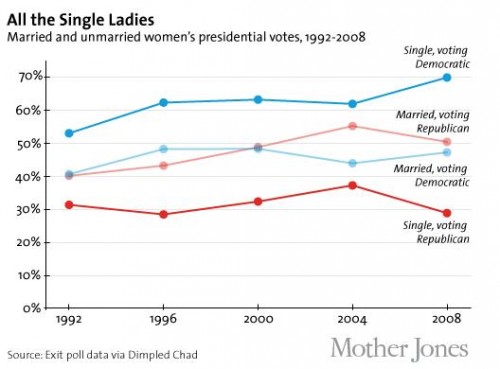Cross-posted at Reports from the Economic Front.
The good economic news, which got plenty of attention, is that the U.S. economy added over 170,000 new jobs in October. The largely unreported negative news is that average real hourly wages in the private sector declined that month, and have been in decline for most of the past year.
It is hard to remember that the economy has been in expansion since June 2009.
Jeffrey Sparshott, in a Wall Street Journal blog post, offered the following chart of the trend in hourly earnings in private industry, with each point showing the change from a year earlier.
Citing a Labor Department report, Sparshott noted that:
…hours worked were flat [in October] for the fourth straight month. Meanwhile, average hourly earnings for all employees on private payrolls fell by 1 cent to $23.58 in October. Over the past 12 months, earnings have risen a scant 1.6%. That’s not enough to keep up with inflation. The consumer price index was up 2% in September from a year earlier.
It’s even worse for blue-collar workers. Average hourly earnings of private-sector production and nonsupervisory employees edged down by 1 cent to $19.79, only a 1.1% increase over the past year.
The blog post quoted the HSBC’s chief U.S. economist who said:
This is the smallest increase in wages on record for the data going back to 1964. The persistently high level of unemployment over the past few years is clearly restraining wage gains and suppressing any inflationary pressures that might have possibly emanated from the labor market.
It also quoted the chief U.S. economist at J.P. Morgan Chase who said:
This pace of labor income growth may be quite acceptable for corporate profits, but it does pose headwinds for consumer spending growth.
Consumer spending did rise last quarter, helping to boost third quarter U.S. GDP, but this was largely because of a decline in the personal savings rate, which fell from 4.0% in the second quarter to 3.7% in the third.
We clearly don’t have a foundation for a sustained economic recovery, certainly not one that brings benefits to the majority of workers. Instead of talk about austerity we need a real debate about the best way to strength worker bargaining power.
—————————
Martin Hart-Landsberg is a professor of Economics and Director of the Political Economy Program at Lewis and Clark College. You can follow him at Reports from the Economic Front.




